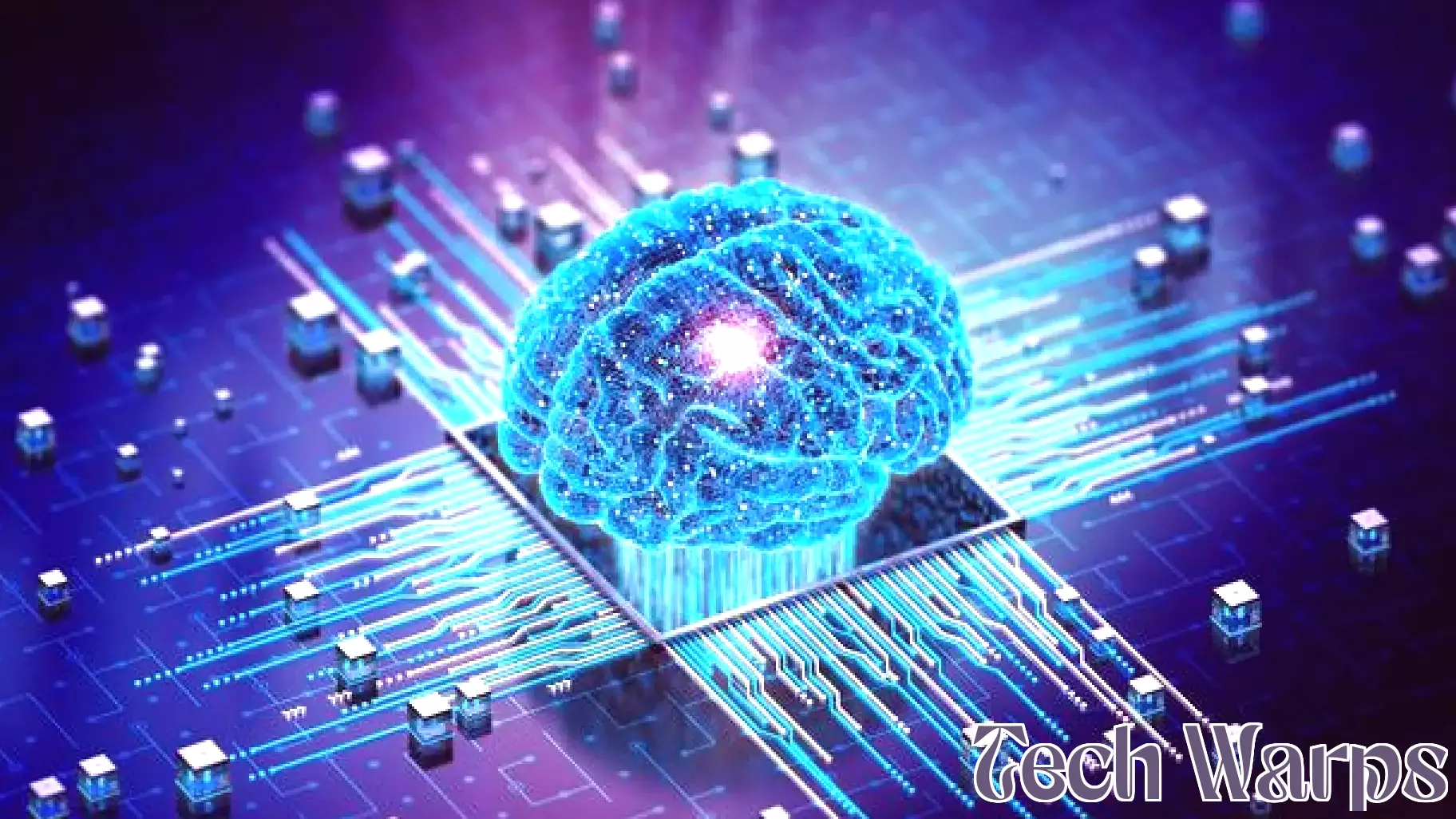The Transformative Impact of AI on Neuroscience Research
January 23, 2025 - 15:38

Artificial intelligence is transforming the landscape of neuroscience, providing researchers with advanced tools that significantly enhance their capabilities. Recent developments indicate that AI can predict study outcomes with an impressive accuracy of 86%. This remarkable precision allows scientists to identify and explore new connections within various brain studies, leading to groundbreaking insights.
The integration of AI into neuroscience is not just about improving accuracy; it also facilitates the generation of innovative hypotheses. By analyzing vast amounts of data, AI can uncover patterns and relationships that may have previously gone unnoticed. This capability is crucial in a field where understanding the complexities of the brain is paramount.
Moreover, AI tools optimize resource allocation, allowing researchers to focus their efforts on the most promising avenues of investigation. As these technologies continue to evolve, the potential for AI to reshape our understanding of the brain and its functions is immense, promising a future where neuroscience can tackle some of its most challenging questions with unprecedented efficiency and insight.
MORE NEWS

February 15, 2026 - 00:21
Should You Forget Micron Technology and Buy This Artificial Intelligence (AI) Stock Instead?While investors have rightly celebrated Micron Technology`s impressive run, fueled by soaring demand for memory chips in artificial intelligence servers, a competitor in the same arena is...

February 14, 2026 - 12:18
Musk labels Anthropic as ‘misanthropic and evil’In a fiery public statement on Thursday, tech billionaire Elon Musk launched a scathing verbal attack on artificial intelligence firm Anthropic, labeling the company `misanthropic and evil.` The...

February 13, 2026 - 19:19
New technology is changing the direction of golf course maintenanceThe future of golf course maintenance is being driven by a wave of new technology, moving the profession far beyond its traditional roots. At a recent major industry conference, the focus was...

February 13, 2026 - 00:15
Solidion Technology Enters into Non-Binding Memorandum of Understanding to Supply Pouch CellsSolidion Technology has taken a significant step forward in its commercial deployment by entering a non-binding memorandum of understanding to supply its proprietary battery pouch cells. The...